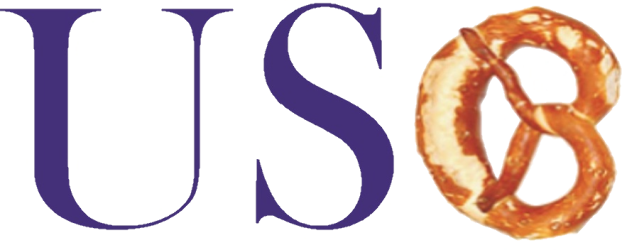Since they operate like a regular checking account, no action is required on your part to invest your cash surplus.
A checking account that earns interest is generally required to maintain a minimum balance at all times. The bank or financial institution might also place limits on the number of transactions that can occur during one month in the account. Transactions over the maximum number of transactions will be subject to additional transaction fees.
Interest earned by the account is computed based on the daily average balance in the account. The rate of interest earned by the checking account is comparable to the rate of interest earned on a passbook savings account.
Sweep Accounts
Sweep accounts can be an effective and easy way of investing any cash surpluses you have. A sweep account is a combination of a regular checking account and a money market account.
Sweep accounts were designed with small businesses in mind since most small business owners do not have the time or the large cash surpluses necessary to take advantage of more profitable investments. By combining a regular checking account and a money market fund, sweep accounts eliminate the need for you to estimate bank balances and move funds from your checking to an investment account when necessary.
With a sweep account, you are required to maintain a certain balance in the account. The bank then “sweeps” the account and removes any funds that exceed your required balance.
The bank automatically invests the excess funds in a money market account selected by you. When your account drops below its required balance, the bank automatically “sweeps” back enough money to your account to bring it up to its minimum balance.
Most banks will charge a fee for operating a sweep account and only allow a certain number of transactions per account before incurring extra transaction charges. Each check written on the account and each check deposited into the account is considered a transaction. All transactions over the maximum are subject to a separate transaction fee.
The money market fund you direct the excess funds into will determine the yield on the money market portion of the sweep account.
Treasury Bills
T-Bills are direct obligations of the federal government issued at a discount for periods of three months, six months or one year. Treasury notes, on the other hand, have longer maturities.
Treasury bills have been, and continue to be, a popular investment for short-term cash surpluses. They trade on an active market that provides instant liquidity. Treasury bills also provide your business with the option of choosing almost any term of maturity, from one day up to one year, through secondary markets.
Treasury Notes
You may be able to use treasury notes to invest any cash surpluses that you expect to have for more than one year. Treasury notes are longer-term government obligations than T-Bills.
The maturities for treasury notes are longer than one year. The secondary market for treasury notes provides liquidity and the opportunity for you to purchase outstanding notes with shorter maturities to match your investment needs.
Certificates of deposit are a popular tool for investing the cash surpluses of a business. CDs are time deposits with banks and other financial institutions. The interest earned on CDs depends on the amount of time you’re willing to part with your cash surplus and on the amount you have to invest.
The longer you are willing to part with your cash surplus, and the Fremont took out a payday loan more you have to invest, the higher the interest rate you’ll receive. Most CDs impose a penalty if the certificate is cashed in before it reaches full maturity. Your bank should post the rates it offers for varying terms and deposit amounts.

